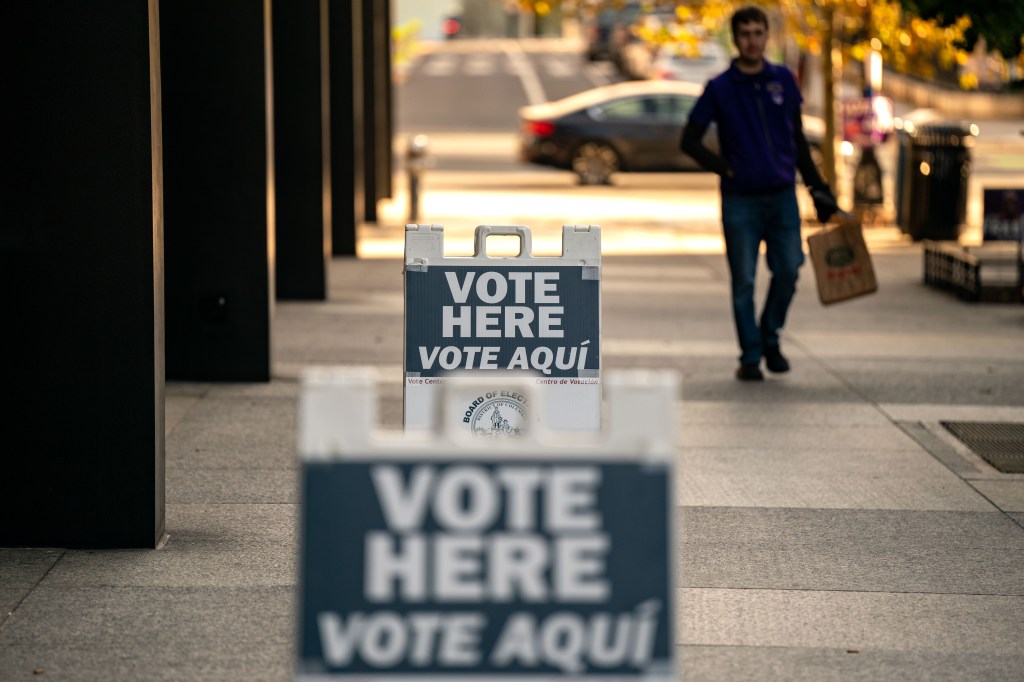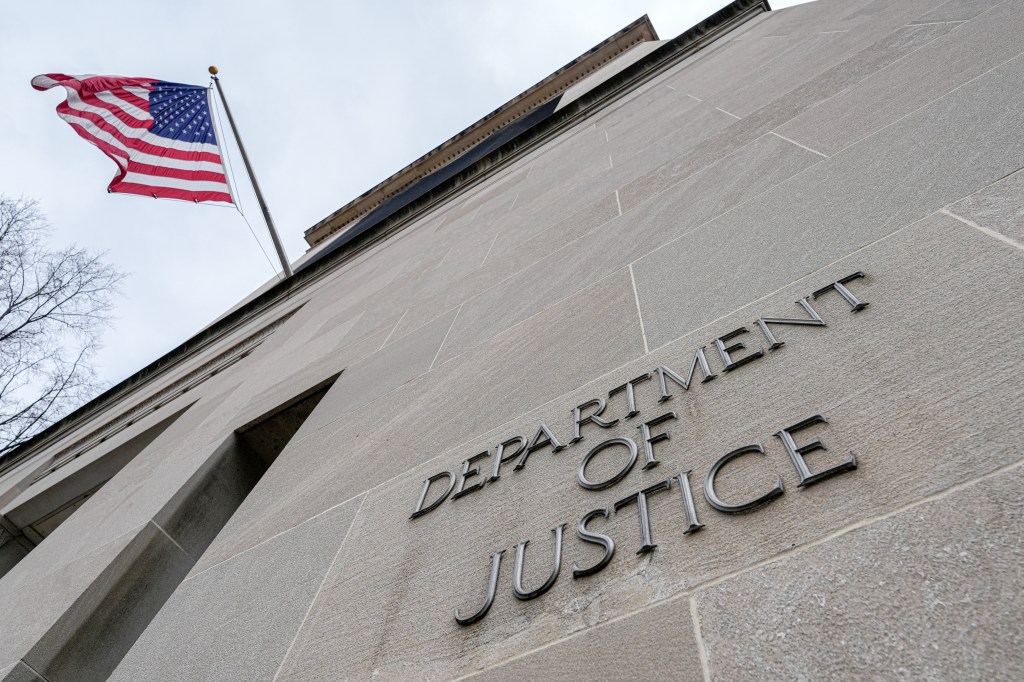These master’s programs are mainly designed to provide current or future compliance and risk professionals (and some audit ones) with the foundational understanding of effective compliance programs, enforcement trends and risk management strategies.
There are way too many of these programs to spotlight – but I came to appreciate this as a good thing. The interest level in compliance as a profession is strong, as is building an upward moving trajectory within it.
Universities across the United States often offer them through their law schools, and they can run the gamut in terms of having specific focus areas – such as healthcare law, government contracting, or ESG — being more broadly oriented, or both.
Synchronous and asynchronous features
Almost all of them are online to accommodate working professionals – but those online-only ones typically offer some in-person meet-ups for discussion and networking purposes.
Their adjunct faculty hail from private practice, government agencies and consulting firms, with some programs using their full-time professors as either instructors or as occasional guest lecturers for the courses.
The programs often have asynchronous and synchronous components, so that you are working on ongoing assignments, quizzes and discussions (for example) during the week – or maybe even viewing a pre-recorded video – at your own pace during a given week.
“The options are incredible, though, and the reasons for their growth is why we are creating a “Compliance as a Profession” section, starting with this article.”
Where most programs diverged were in the topics covered, how often live classes (online – but happening “live”) were offered versus pre-taped ones, and the costs of attending.
This article features several comments from program directors and from current and recent students, so you can hear a bit more about them from their perspectives.
The inclusion of the schools represented here are not endorsements of them, nor do they reflect any consideration of their worth over others available. And I have taught at two of the schools and programs mentioned herein, so I am biased in thinking they are valuable.
Are they more valuable as learning and career development opportunities as compared to certificate programs, law-based programs (such as LL.Ms), training courses, or industry event attendance? That depends on the objectives sought, time willing to be invested, money available to be spent, and at what point prospective students are at in their career, among other things.
The options are incredible, though, and the reasons for their growth is why we are creating a “Compliance as a Profession” section, starting with this article. Compliance is a profession that is top of mind for the everyday person these days, never mind enforcement authorities, shareholders, and boards of directors.
“Why didn’t Silicon Valley Bank have a chief risk officer for so long?” asks the person you have paid to fix your car.
Exactly.
Program director standpoint
Colleen Dorsey at St Thomas University in Minnesota spoke about the unique emphasis her school’s program has on both compliance and ethics. The program offers a theoretical ethical cultures course on its own, but the program as a whole weaves culture and ethics into the curriculum.
The St Thomas program also has a dedicated Advisory Board consisting of the chief ethics and compliance officers of 23 different companies including 3M, Target, Medtronic, Best Buy, Ecolab, US Bank and many more.
Barbara Boehler directs the program at Fordham University, and she highlighted the program’s bi-monthly “Lunch & Learn” webinar series, offering unique voices in compliance to broaden understanding and perspectives on discrete regulatory compliance topics and the career opportunities available to students.
“Compliance is a profession that is top of mind for the everyday person these days, never mind enforcement authorities, shareholders, and boards of directors.”
She said compliance organizations engage with students in the program, including the National Society for Compliance Professionals, National Association of Black Compliance and Risk Management Professionals, Association of Insurance Compliance Professionals, and the Health Care Compliance Association.
Steve Naughton at Loyola University Chicago said his program has a strong commitment to ethical themes, and it incorporates ethical decision-making into courses. The program has a strong focus on risk management, catered to the compliance officer’s perspective of preventing, detecting and responding to risk.
He calls his program and the many masters programs available a chance for compliance and risk professionals to advance in their careers and assume leadership positions.
Reputation and learning opportunities
Danielle Pelfrey Duryea at Boston University (BU) spoke about how BU Law’s reputation in healthcare law helped to ensure the compliance program at the university would feature programming focused in that arena.
That reputation and the Boston area healthcare learning opportunities provide students access to healthcare-focused lawyers and compliance officers as instructors and mentors, if not job opportunities.
Kelli Rodriguez Currie said the program at Seattle University features a first-year curriculum focused on the components of building a strong compliance program – examining monitoring, reporting, audit, and review tasks. The curriculum is designed to train students to read, analyze, and communicate the law, understanding that the law will change over the course of their careers.
She said many students receive some sort of financial aid and most students receive a merit scholarship based on both their previous academic experience and professional achievements – with the program taking a holistic view of students’ promise in the field of compliance.
“In each conversation I had with the program directors at these universities, I was reminded of their core missions to equip people with the skills needed to embed compliance into an organization’s business operations.”
Jessica Tillipman at George Washington University (GWU) described one master of studies in law (MSL) program at the university with a dual focus: Government Procurement and Cybersecurity. (You can take a course just focused on the Government Procurement part, as a separate option.)
The program is offered through GWU’s law school, and the blended nature of the course reflects the increasing demand for cybersecurity legal expertise among government procurement practitioners. The MSL is intended for professionals who are not interested in earning a law degree or practicing law, but who work in jobs where knowledge of this critical area of law is important.
In each conversation I had with the program directors at these universities, I was reminded of their core missions to equip people with the skills needed to embed compliance into an organization’s business operations.
And each of them stressed the other key ingredients that might not be touted in their brochures: namely, interacting with expert faculty that have connections in the industry, and exchanging insights (and, again, networking) with fellow students.
Perspectives from course participants
Elizabeth Sullivan took the Government Procurement and Cybersecurity course and was actually the student to recommend the dual focus, telling GWU administrators that the cybersecurity aspect would be essential to her job in government procurement.
She emphasized how practical the coursework was and said the professional network the university presented to her in the federal government community and through the professors (with whom she sometimes still speaks and brainstorms) was incredible.
Tendai Mushaike, a student in Seattle University’s MSL program, said this specific degree just makes sense if you don’t need a business degree or law degree, but you seek something that will stand out in the compliance community. “I am already working in the compliance field and wanted something that builds onto my career. I have always been interested in studying law, and I figured this was one of the easier ways of doing so without earning a law degree.”
At Fordham, Jenu Brar said she has been working under a compliance monitorship arrangement at her business, and she felt the master’s program at Fordham University would give her a better idea of what regulators look for in a compliance program, and about how to overcome barriers.
She also said she wanted to be able to identify risk and communicate the risk landscape to senior management in a better way.
She is considering getting a Certified Compliance and Risk Professional (CCRP) certification now that the master’s program has given her such a good foundation in the compliance world.
• We’ll look at some of those compliance certification programs in an upcoming post.
















